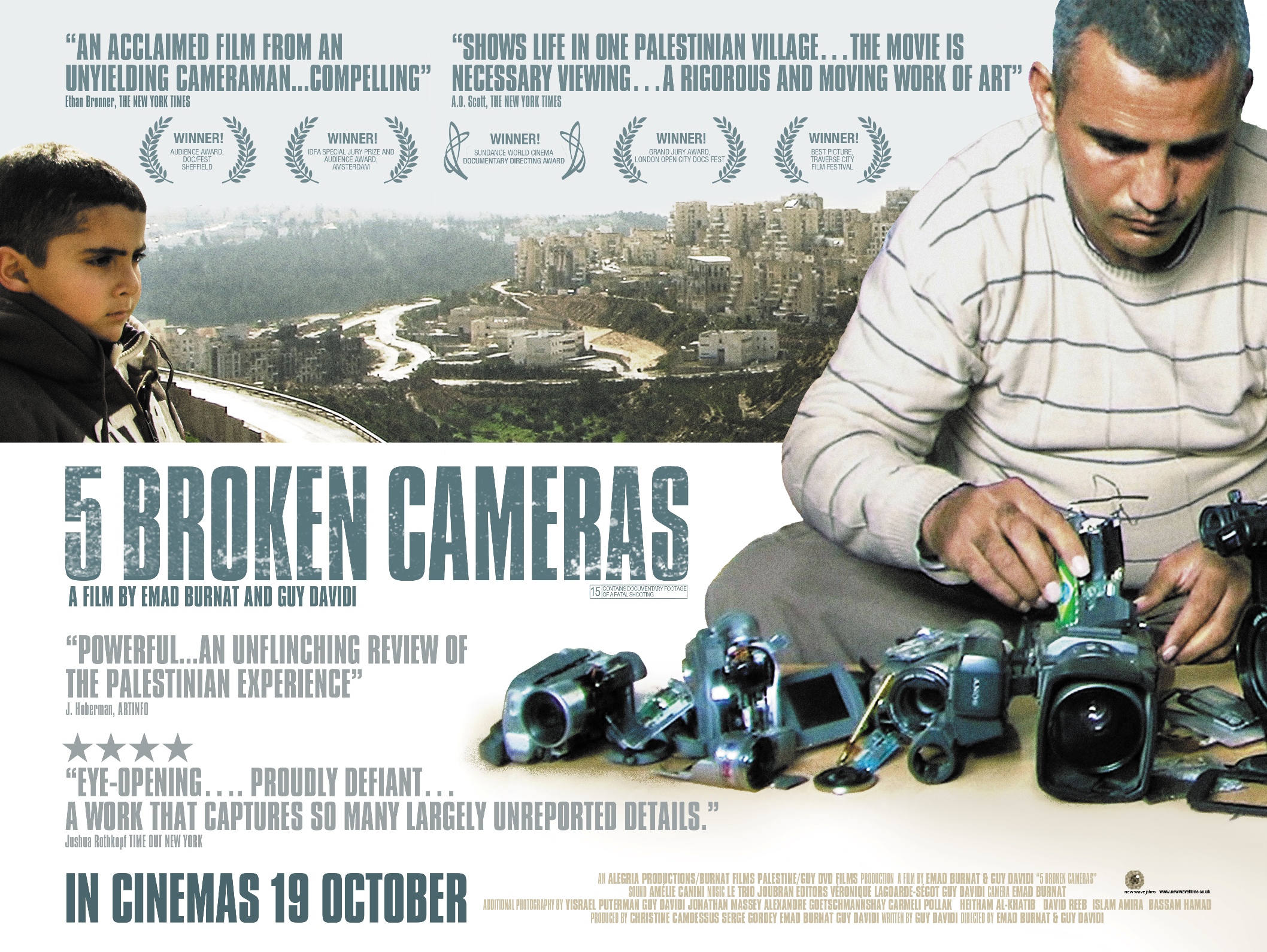
Omar is a thriller from
Palestine and like the recent ’71, it moulds difficult politics into the
plot line of a thriller rather well. There isn’t anything here to guide people
who know nothing about Palestine through these complex issues – a much better
recent film for that would be the documentary Five Broken Cameras – but the
film’s simplicity and on-the-ground realism is revealing enough, even if the
mechanics of the thriller take the film closer to the ridiculous.
Omar (Adam Bakri) is a
Palestinian, living in the West Bank, who regularly hops over a large Israeli
wall to visit his sweetheart Nadia (Leem Lubany). Her brother Tarek (Iyad
Hoorani) is in charge of the local rebels and is bringing Omar and his friend
Amjad (Samer Bisharat) under his wing. After they kill an Israeli soldier, Omar
is captured and brutally interrogated. The only way out is to become an
informer, but will Omar be a double or a triple agent?
The film keeps a lot of its
character’s motivations a secret. We are never offered anything that we can
fully trust, and this sense of unease and confusion (itself not dissimilar to ‘71)
is well conveyed in the first half of the film. Writer-director Hany Abu-Assad
handles the action and story with a simple and direct approach without giving
away any more than he has to to make the film comprehensible. Omar may either
betray his friends or the Israelis or be betrayed by his friends or by the
Israelis. The first half of the film is well made and often tense and
surprising, though its greatest achievement is that it is entirely believable.
It is valuable, even, as a snapshot of life in occupied Palestine where you
have to brave walls and the bullets of unseen sentries in order to have a
simple chat with your girlfriend.
Where the film is less successful
is in its second half, in which believability is forsaken for the more
recognisable dynamics of the thriller. The film ties itself in knots trying to
come up with an ever-expanding series of twists, becoming silly and
melodramatic. Though it is obviously ridiculous to expect one Palestinian film
to speak accurately and eloquently of the whole Palestinian conflict, this turn
seems slightly unhelpful nevertheless. Whereas the film had been a decent mix
of politics and thriller, Abu-Assad allows the thriller elements to take over
and the film loses believability. And where before the film unravelled with
ingenuity and unexpectedness, it becomes somewhat repetitive and predictable.
The ending, although a nice closer, seems to reflect the reactions of Westerners
when faced with the Israeli-Palestinian conflict – the film seems to throw up
its hands and laments the impossibility of any proper solutions beyond
existentialist death by cop.
Though not a film about the Palestinian conflict, it
is difficult to watch Omar as anything other than a political film. It
avoids moral arguments and leaves the audience free to judge the film’s
characters whatever way they might want, but by ditching the political (so
integral to the conflict anyway) halfway through, the film becomes less
believable and less relatable. The ending seems to allow the uninitiated off
the hook by suggesting that the conflict is an unintelligible mess and better
left alone. Decent and well-made but it sacrifices too much in its attempts to
wrong foot the audience.
